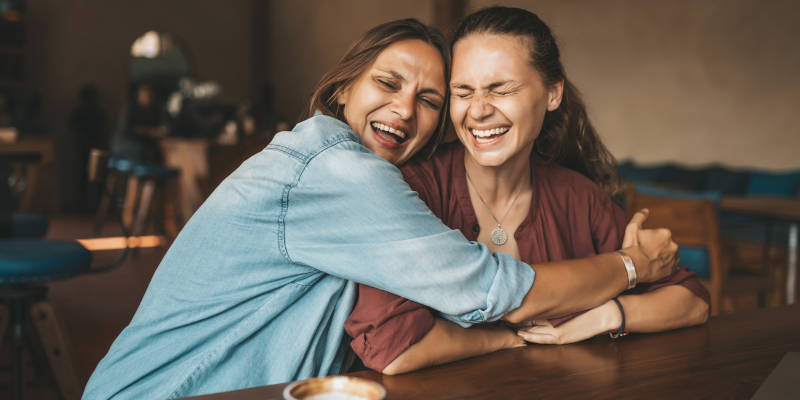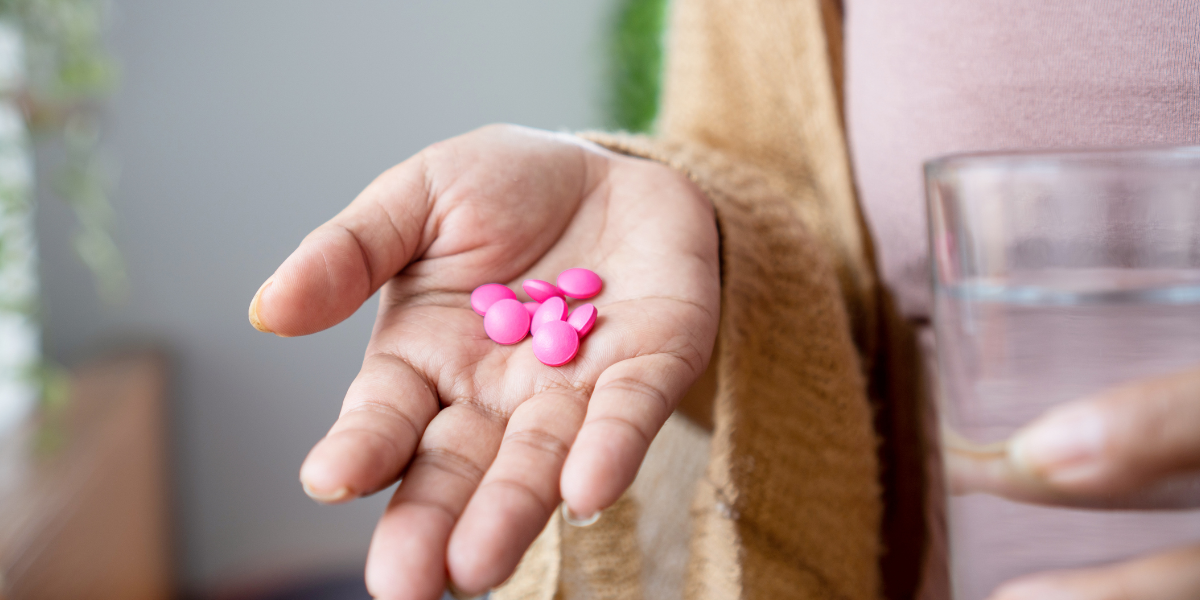Acts of kindness could be more commonplace if people fully realised how much their actions impact on others, researchers have suggested.
A study into the effect that small gestures can make has found that people underestimate just how much it means to the receiver.
If they did, it could lead to an increase in acts of kindness such as sharing, helping or donating, the team from the University of Texas has said.
The researchers carried out a number of experiments to examine the effect of acts of kindness.
A group of people were given the choice of keeping a cup of hot chocolate for themselves or giving it away. Three-quarters of the participants gave it away, and they were asked how they thought the person receiving the drink would feel. At the same time, the receiver of the drink was asked how it made them feel.
The results show that those giving away their drink underestimated how it would make the receiver feel.
Assistant Professor Amit Kumar said: “People aren’t way off base. They get that being kind to people makes them feel good. What we don’t get is how good it really makes others feel.”
In another experiment, people who received a cupcake through a random act of kindness recorded they were happier than people in a control group who received a cupcake for participating in the study.
Assistant Professor Kumar said: “Performers are not fully taking into account that their warm acts provide value from the act itself. The fact that you’re being nice to others adds a lot of value beyond whatever the thing is.”
Another experiment saw participants play a game in which they had to divide up $100 after receiving a gift from either the lab store or as an act of kindness from another participant. The findings showed that the people who had been on the receiving end of the act of kindness were more generous when it came to dividing up the money.
Assistant Professor Kumar noted: “It turns out generosity can actually be contagious. Receivers of a prosocial act can pay it forward. Kindness can actually spread.”
Read the study in full in the Journal of Experimental Psychology: General.






